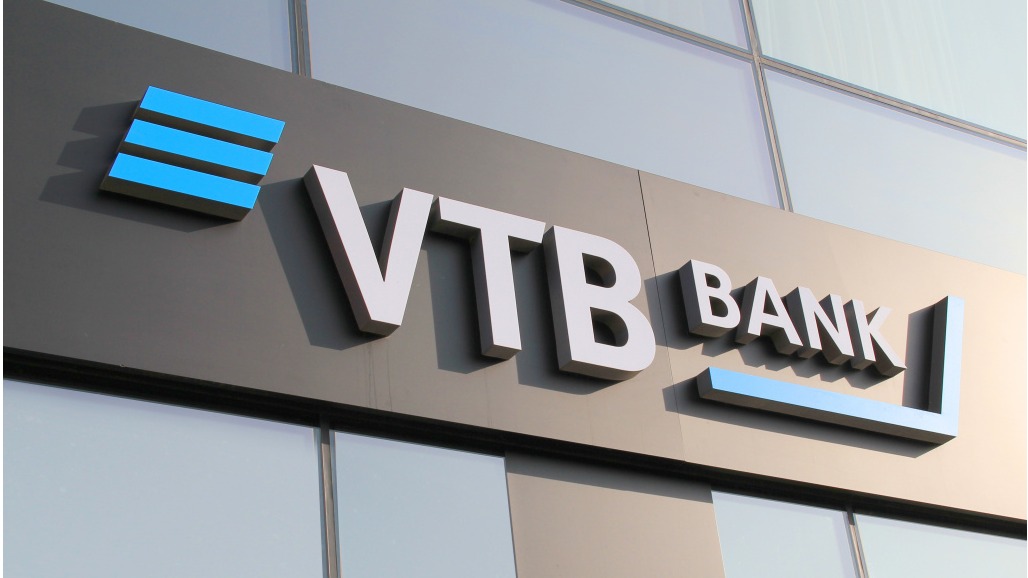Frankfurt has won a vote to become the host of the European Union's new Anti-Money Laundering Authority (AMLA).
The new entity will be the main enforcer of AML and anti-terrorism financing rules in the EU.
Anti-money laundering in the bloc has previously been governed by the national regulators of EU countries.
MEPs and EU ambassadors had a choice of nine candidates, with Frankfurt receiving the majority of the votes.
The European Parliament said that the new regulation is part of a wider of laws to reform the EU's framework for combatting money laundering and terrorist financing.
Once these wider laws are adopted, the new authority will come into force from July 2025.
Before then, the European Commission is responsible for establishing the Authority and for its initial operations.
“AMLA will be a game-changer in cracking down on dirty money in the EU," said co-rapporteurs Emil Radev (EPP, Bulgaria) and Eva Maria Poptcheva (Renew, Spain). "It will supervise the riskiest financial entities, oversee the non-financial sector, and play a crucial role in stopping evaders from circumventing targeted financial sanctions.
"Now that Parliament has an equal say in choosing the agency’s seat, we have made the process more transparent with joint public hearings, and introduced specific selection criteria to ensure that the location enables the Authority to fully execute its tasks and powers. Congratulations to the winner, Frankfurt!”
Latest News
-
Mizuho to replace 5,000 administrative roles with AI
-
Allica achieves unicorn status through latest funding round
-
AI disruption risk varies between platform and service-based firms, says new report
-
ClearBank moves into the heart of London’s financial centre
-
Citi forms AI infrastructure banking team and invests in Sakana AI
-
HSBC chief Elhedery says overhaul nearly complete despite profit fall
Creating value together: Strategic partnerships in the age of GCCs
As Global Capability Centres reshape the financial services landscape, one question stands out: how do leading banks balance in-house innovation with strategic partnerships to drive real transformation?
Data trust in the AI era: Building customer confidence through responsible banking
In the second episode of FStech’s three-part video podcast series sponsored by HCLTech, Sudip Lahiri, Executive Vice President & Head of Financial Services for Europe & UKI at HCLTech examines the critical relationship between data trust, transparency, and responsible AI implementation in financial services.
Banking's GenAI evolution: Beyond the hype, building the future
In the first episode of a three-part video podcast series sponsored by HCLTech, Sudip Lahiri, Executive Vice President & Head of Financial Services for Europe & UKI at HCLTech explores how financial institutions can navigate the transformative potential of Generative AI while building lasting foundations for innovation.
Beyond compliance: Building unshakeable operational resilience in financial services
In today's rapidly evolving financial landscape, operational resilience has become a critical focus for institutions worldwide. As regulatory requirements grow more complex and cyber threats, particularly ransomware, become increasingly sophisticated, financial services providers must adapt and strengthen their defences. The intersection of compliance, technology, and security presents both challenges and opportunities.
© 2019 Perspective Publishing Privacy & Cookies















Recent Stories